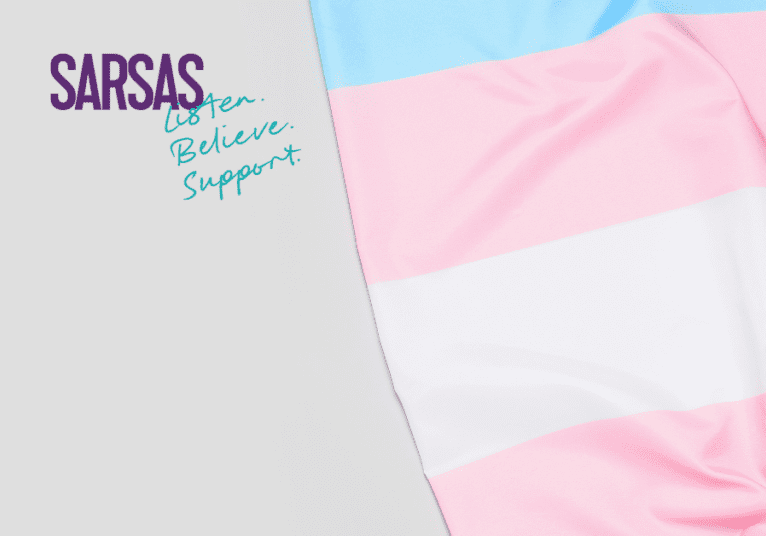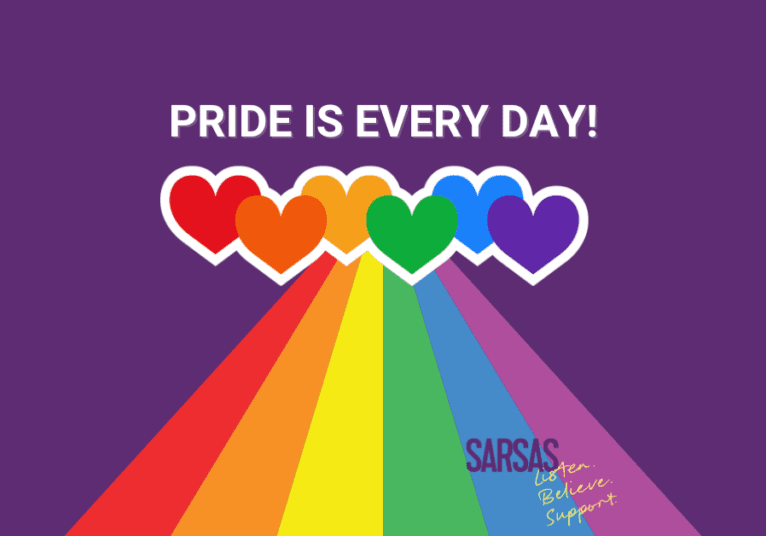
How can I tell people what happened?
It is up to you who you do and don’t tell about what has happened. Some people will want to tell their parents, partner, friends or a professional (like a GP or support worker) and some people won’t. It’s important that you do what is best for you.
It can be hard to know how to talk about this; to know what words to use. You might worry about how people will react, or that it will cause your loved ones pain.
I don’t know how to say the words
If you have never spoken about your experience of rape or sexual abuse before, it may help to practice saying it out loud. Go somewhere by yourself. You could go for a walk, somewhere alone, and tell your story. Or you could use our helpline services to talk things through. When you do tell your family/friend/loved one, try to find somewhere private where you won’t be interrupted.
Some people struggle to say out loud what has happened to them. Some options here are writing a letter, an email, or even leaving the SARSAS website open on your computer/tablet and explaining that you need to talk about the stuff on this website.
What will happen when I tell them?
It can help to think about what you want to come from telling someone. Some of the reasons (but not all) may include:
- Wanting support from friends and loved ones
- Protecting others in the household
- Expressing disappointment, sorrow, or anger about your parents not protecting you
- Needing practical help (e.g. time off work or school for counselling sessions)
- Wanting freedom from the anxiety cause by keeping a secret
- To support intimacy with a partner.
There is no guarantee how someone will react. Responses you might get:
- Shock and/or denial
- Crying
- Anger at the person who assaulted you
- Warmth and support
- Confusion
- Encouragement or insistence that you get counselling or report to the police.
They may also have lots of questions, so it may be a good idea to think, in advance, about what you want them to know. You don’t have to share any details that you don’t want to.
It can be hard talking about the trauma you have experienced, so be kind to yourself. Try to plan something soothing and calm to do after you have told someone. Check out our self-care guide for more information.
Our reporting page can also offer information and advice if you are thinking of reporting what has been done to you.
The latest from our news and blogs

Trans, Non-Binary, and Intersex (TNBI) Support Group
Coming together in a confidential space to support each other and identify ways to move forward after rape & sexual abuse.












